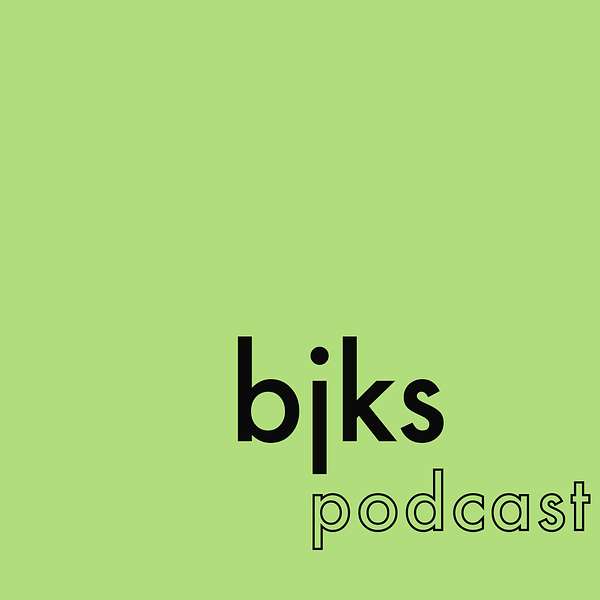
BJKS Podcast
A podcast about neuroscience, psychology, and anything vaguely related. Long-form interviews with people whose work I find interesting.
BJKS Podcast
19. Erik Wengström: Loss aversion when deciding for others, the relationship between economics & psychology, and prosociality during the COVID-19 pandemic
Erik Wengström is a Professor of Economics at Lund University where he studies how people behave in economic and financial situations. In this conversation, we talk about his study about loss aversion when deciding for others and his recent study on prosociality during the COVID-19 pandemic. Along the way, we also discuss the differences and similarities between economics and psychology.
BJKS Podcast is a podcast about neuroscience, psychology, and anything vaguely related, hosted by Benjamin James Kuper-Smith. New conversations every other Friday. You can find the podcast on all podcasting platforms (e.g., Spotify, Apple/Google Podcasts, etc.).
Timestamps
0:00:04: What is loss aversion?
0:05:45: Start discussing Erik's paper Deciding For Others Reduces Loss Aversion
0:16:01: Generalising decision-making across different contexts
0:20:28: The relationship between economics and psychology
0:30:45: Peer-review and publishing in economics
0:44:14: Start discussing Erik's study on prosociality during the COVID-19 pandemic
0:50:09: Deception in psychology and economics experiments
0:53:39: The risk dictator game
1:03:50: Comparing our COVID study with Erik's study
Podcast links
- Website: https://bjks.buzzsprout.com/
- Twitter: https://twitter.com/BjksPodcast
Erik's links
- Website: https://sites.google.com/site/erikwengstrom/
- Google Scholar: https://scholar.google.de/citations?user=SRPZRHoAAAAJ
- Twitter: https://twitter.com/ErikWengstrom
Ben's links
- Website: www.bjks.blog/
- Google Scholar: https://scholar.google.co.uk/citations?user=-nWNfvcAAAAJ
- Twitter: https://twitter.com/bjks_tweets
References
Andersson, O., Holm, H. J., Tyran, J. R., & Wengström, E. (2016). Deciding for others reduces loss aversion. Management Science.
Andersson, O., Holm, H. J., Tyran, J. R., & Wengström, E. (2020). Risking Other People's Money: Experimental Evidence on the Role of Incentives and Personality Traits. The Scandinavian Journal of Economics.
Andersson, O., Campos-Mercade, P., Meier, A., & Wengström, E. (2020). Anticipation of COVID-19 vaccines reduces social distancing. Available at SSRN 3765329.
Campos-Mercade, P., Meier, A. N., Schneider, F. H., & Wengström, E. (2021). Prosociality predicts health behaviors during the COVID-19 pandemic. Journal of Public Economics.
Kuper-Smith, B. J., Doppelhofer, L. M., Oganian, Y., Rosenblau, G., Korn, C. W. (2021. Risk perception and optimism during the early stages of the COVID-19 pandemic. PsyArXiv.
Smaldino: my conversation with Paul Smaldino about formal modelling: https://bjks.buzzsprout.com/1390924/7048246-8-paul-smaldino-cubist-chickens-formal-models-and-the-psychology-curriculum
Tversky, A., & Kahneman, D. (1991). Loss aversion in riskless choice: A reference-dependent model. The quarterly journal of economics.